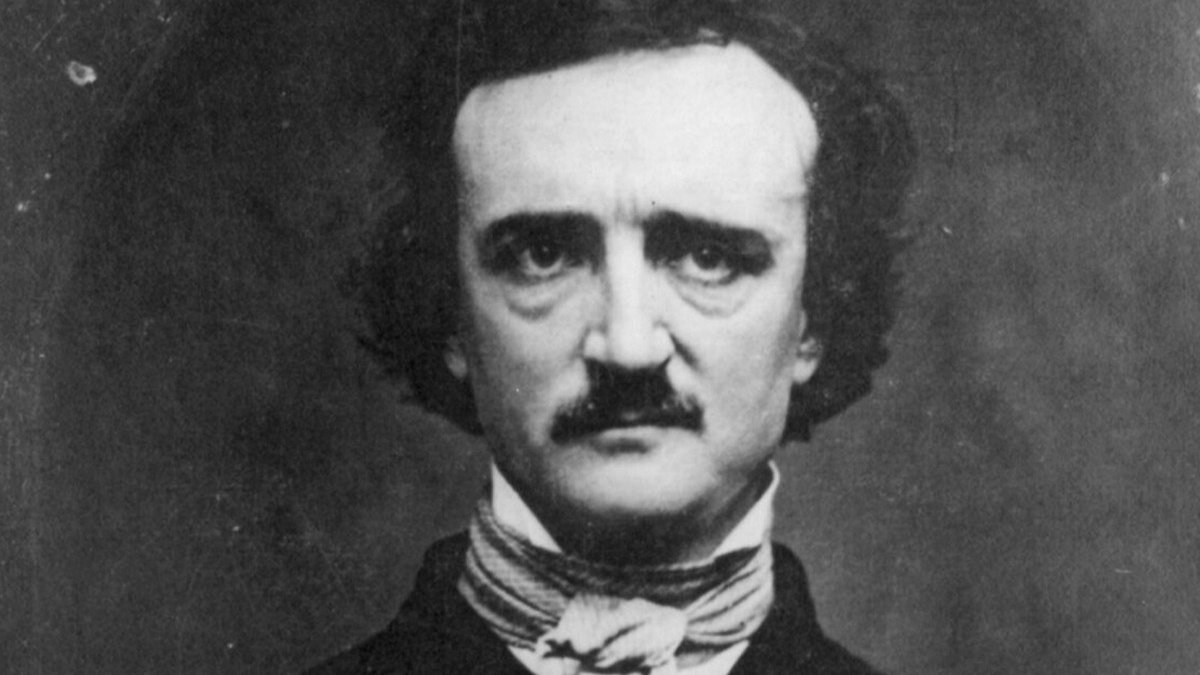IELTS019 英语学习笔记
口语
- to be overwhelmed
- I have a lot of work at the moment. I am very overwhelmed! 我现在有很多工作,我已经不堪重负了!
- I usually unwind by reading a book. 茱莉亚喜欢靠读书来放松。
- I have a lot on at the moment, so I can’t come to the party. 我现在事情很多,所以我不能来参加派对。
- At the weekend I like to make time for myself. 周末我想给自己腾出点时间。
- to put pressure on oneself 给自己施加压力
- My brother puts a lot of pressure on himself to succeed at university.
为了在大学获得成功,我弟弟给他自己施加了很多压力。
- My brother puts a lot of pressure on himself to succeed at university.
- me time 独处时间、自我享受时间
- I have been really busy lately, I need some me time! 我最近真的很忙,我需要一点独处的时间!
- to take yoga classes
- to take part in group therapy 参加集体治疗
- I joined a walking club so I could get away from the city at the weekend! 我参加了一个步行俱乐部,让自己可以趁周末远离城市!
现在完成进行时
在过去的特定时间开始,并且现在仍在发生,
- They’ve been speaking for an hour. (他们都说了一个小时的话了。)
- They’ve been working out a lot.(他们一直经常健身。)
经常将 现在完成进行时 与特定期限搭配使用,以澄清某行为到现在为止已经持续了多长时间。
-
He’s been going to the gym since January.(他从 1 月开始一直去健身房。)
-
They’ve been training for that marathon for six months.(他们已经为那场马拉松训练了 6 个月。)
-
I have not been spending enough alone time.(我一直没有享受过足够的独处时间。)
-
Has he been doing yoga all day?
新概念 2 L20 One man in a boat 独坐孤舟
词汇
- catch vt. 抓住
- caught - caught
- catch fish (fish 单复数同形)
- catch a bus 赶公交车
- caught a cold / fever 得感冒 / 发烧
- caught 强调的是被感染,所以牙疼是不能用 caught 的
- fisherman 渔民
- boot n. 靴子,后备箱
- trainers 跑鞋
- waste vt./ n. 浪费
- vt. 浪费
- 花费 spend sb. spend (钱/时间) on + 名词 / (in) + doing
I spent $100 on a book / (in) buying a book. - 和 spend 一样:sb. waste (钱/时间) on + 名词 / (in) + doing
I waste a lot of money on a pair of stockings.
- 花费 spend sb. spend (钱/时间) on + 名词 / (in) + doing
- n. 浪费
a waste of … 浪费 …
- vt. 浪费
- realize vt. 意识到的 = begin to know
- realise (美)
- I realize my mistake.
原文
(必背)
Fishing is my favourite sport. I often fish for hours without catching anything. But this does not worry me. Some fishermen are unlucky. Instead of catching fish, they catch old boots and rubbish. I am even less lucky. I never catch anything – not even old boots. After having spent whole mornings on the river, I always go home with an empty bag. ‘You must give up fishing!’ my friends say. ‘It’s a waste of time. ’ But they don’t realize one important thing. I’m not reallyinterested in fishing. I am only interested in sitting in a boat and doing nothing at all!
参考译文:
钓鱼是我特别喜爱的一项运动。我经常一钓数小时却一无所获,但我从不为此烦恼。有些垂钓者就是不走运,他们往往鱼钓不到,却钓上来些旧靴子和垃圾。我的运气甚至还不及他们。我什么东西也未钓到过——就连旧靴子也没有。我总是在河上呆上整整一上午,然后空着袋子回家。“你可别再钓鱼了!”我的朋友们说,“这是浪费时间。”然而他们没有认识到重要的一点,我并不是真的对钓鱼有兴趣,我感兴趣的只是独坐孤舟,无所事事!
非谓语动词作主语和宾语
-
音乐是我的爱好:Music is my hobby.
听音乐是我的爱好:Listening to music is my hobby. -
作为主语时 to do = doing
To watch TV is a waste of time.
Watching TV is a waste of time. -
形式主语
Is it … to do注意,用形式主语后面不加 doing
Fishing is my favorite sport. -> It is my favorite sport to fish. -
非谓语作为宾语背短语
- Tony wants to find a job as a language teacher in China.
- want to do
- Tony wants to find a job as a language teacher in China.
-
介词 + doing
-
instead of 而不是
eat pork instead of beef
我把这个乐器给了我弟弟而不是退掉他。
I gave the musical instrument to my brother instead of returning it. -
less + 形容词原形:没那么…
the least + 形容词原级:最不…
England is less crowded than China. -
After I have spent whole mornings on the river, I always go home with an empty bag.
- After having spent whole mornings on the river, I always go home with an empty bag.(介词 + ing)
- 主语一致才可以省略主语改成非谓语
-
in a car / on a bus
- 大型的,需要攀登的,比如:火车、飞机、巴士都是 on
- 小型的,boat 和 car 用 in









